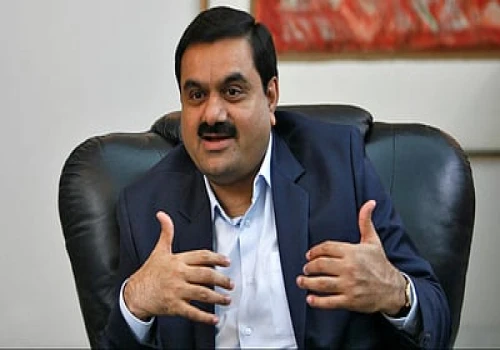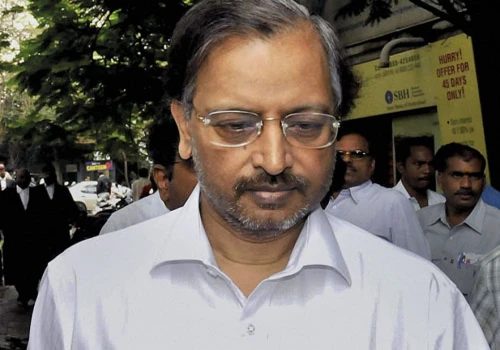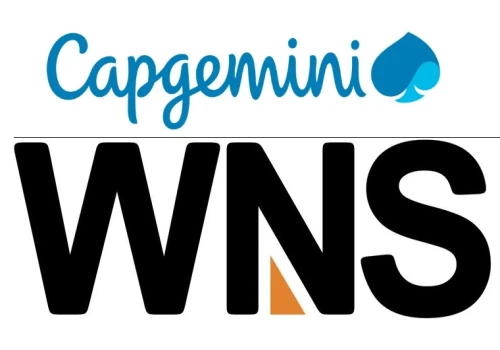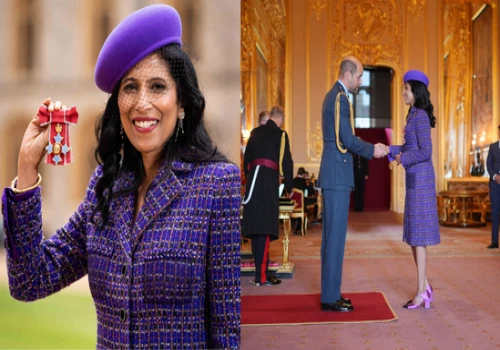_2100_x_1470.webp)
The Indian government, in a move aimed at curbing objectionable content, has blocked access to 18 OTT (Over-the-Top) platforms. The Ministry of Information & Broadcasting (I&B) took this action on Thursday, March 14th, 2024, citing the presence of obscene, vulgar, and pornographic content on these platforms.
18 Platforms Blocked for Alleged Violations
The crackdown targeted a significant number of platforms, including Dreams Films, Voovi, Yessma, Uncut Adda, Tri Flicks, and several others. The I&B ministry stated that a total of 19 websites, 10 apps (7 on Google Play Store and 3 on Apple App Store), and 57 social media accounts associated with these platforms were disabled for public access in India.
Government's Concerns and Justification
The government expressed strong reservations about the content hosted on these platforms. The I&B ministry's statement mentioned that a considerable portion of the content was deemed "obscene, vulgar, and portrayed women in a demeaning manner." The statement further elaborated on the objectionable nature of the content, highlighting the depiction of nudity, sexual acts in inappropriate contexts (such as teacher-student relationships, incest), and sexually explicit scenes lacking thematic or societal relevance.
Legal Basis for the Action
The I&B ministry justified its actions by citing violations of various Indian laws. These include:
- Sections 67 and 67A of the Information Technology Act (IT Act): These sections deal with the publication or transmission of obscene information in electronic form.
- Section 292 of the Indian Penal Code (IPC): This section pertains to the sale, distribution, or public exhibition of obscene objects.
- Section 4 of the Indecent Representation of Women (Prohibition) Act, 1986: This act prohibits the depiction of women in a derogatory manner.
The ministry also emphasized Union Minister Anurag Singh Thakur's repeated warnings to platforms regarding their responsibility to avoid promoting obscenity and vulgarity under the guise of creative expression.
A Balancing Act: Content Regulation vs. Freedom of Expression
The government's move has sparked a debate surrounding content regulation and freedom of expression.
Supporters of the Crackdown
- Protecting Public Morality: Supporters of the action argue that the government has a responsibility to protect public morality and shield vulnerable audiences, particularly children, from exposure to explicit content.
- Promoting Decency: They believe that regulating obscene content helps maintain societal values and decency.
Critics of the Crackdown
- Censorship Concerns: Critics raise concerns about censorship and argue that the government overreach stifles creative expression and artistic freedom.
- Vague Definitions: They also express concerns regarding the vagueness of terms like "obscene" and "vulgar," which can lead to subjective and arbitrary interpretations by authorities.
- Focus on Morality over Choice: Critics believe the focus should be on empowering users to make informed choices about the content they consume, rather than imposing restrictions.
The Road Ahead: A Need for Dialogue and Transparency
The government's crackdown on OTT platforms highlights the complex issue of content regulation in the digital age. Moving forward, it's crucial to establish a framework that balances the need for content regulation with the right to freedom of expression.
Here are some potential solutions to consider:
- Clear and Transparent Guidelines: Developing clear and transparent guidelines on acceptable content standards can provide a framework for self-regulation by platforms.
- Age-gating Mechanisms: Implementing age-gating mechanisms can restrict access to mature content for underage audiences.
- Content Classification Systems: Establishing content classification systems similar to movie ratings can empower viewers to make informed choices.
- Open Communication and Dialogue: Open communication and dialogue between the government, platforms, and civil society organizations are essential for finding a common ground.
The Indian OTT industry is witnessing rapid growth, and with it comes a responsibility to deliver content responsibly. While the government has a role to play in ensuring content standards, a collaborative approach that fosters self-regulation, transparency, and open dialogue will be crucial in navigating the challenges of content regulation in the digital era.











